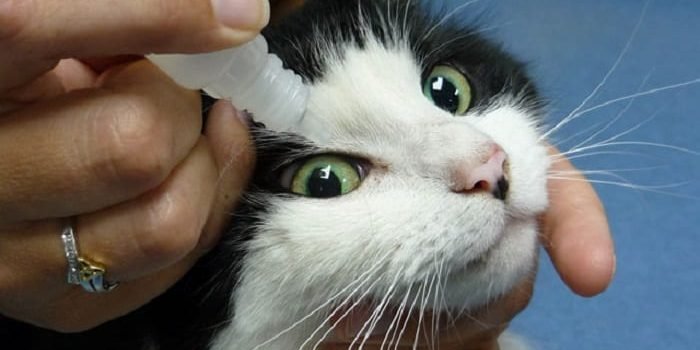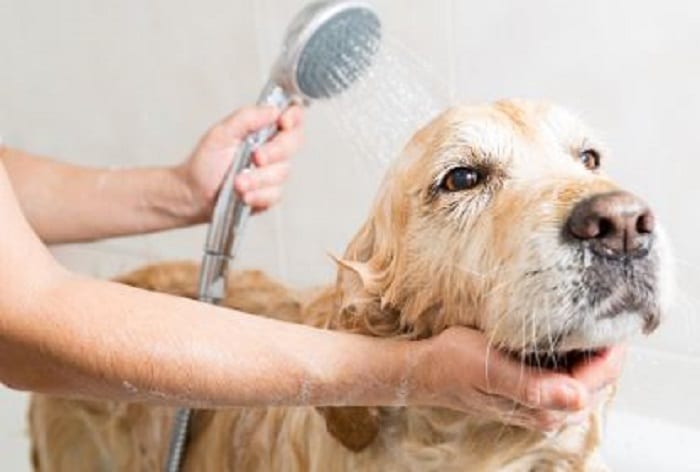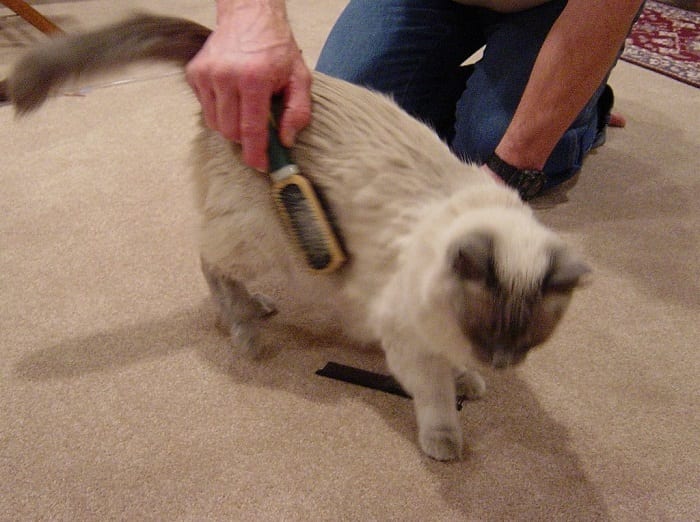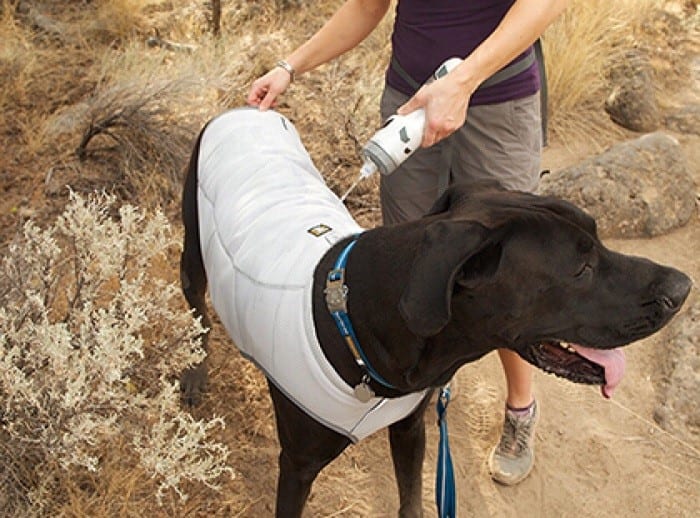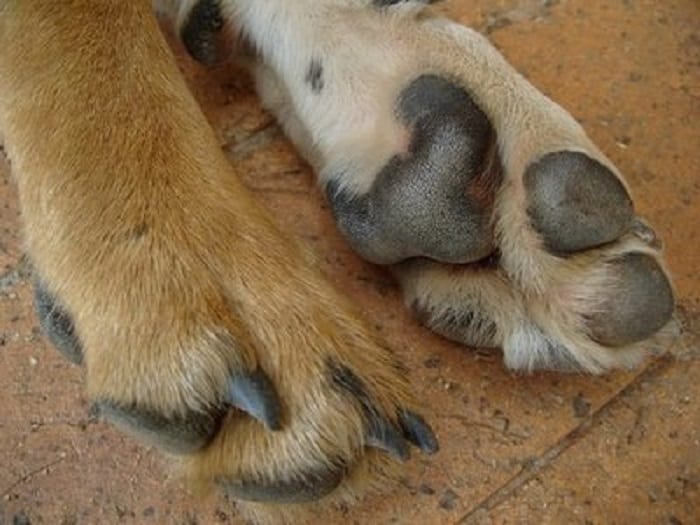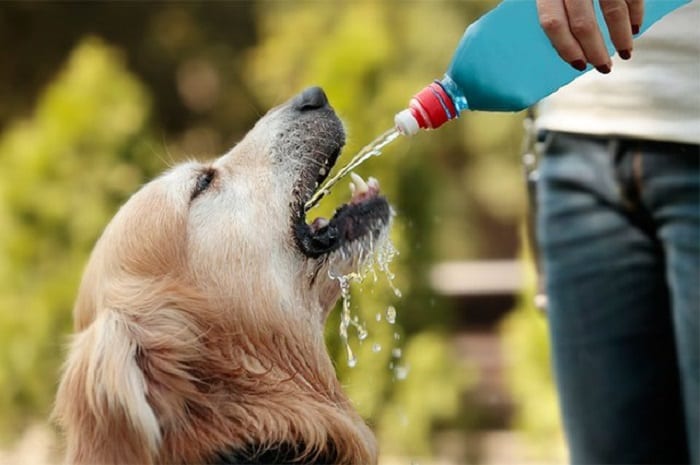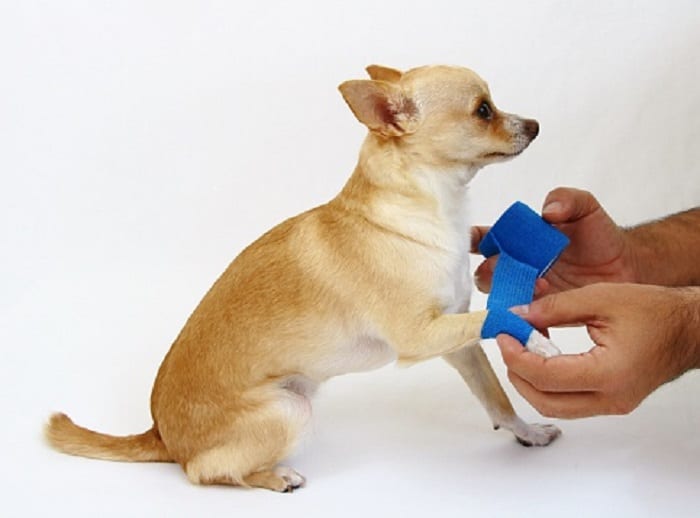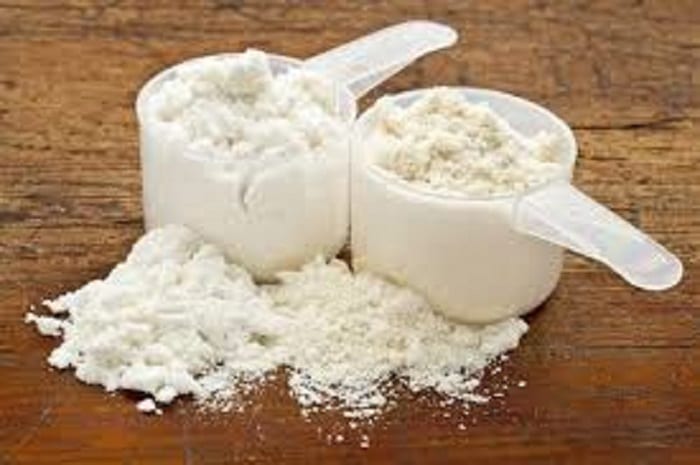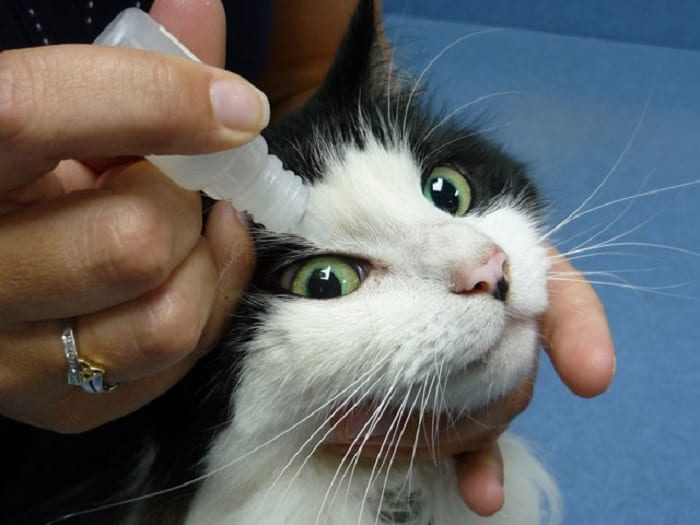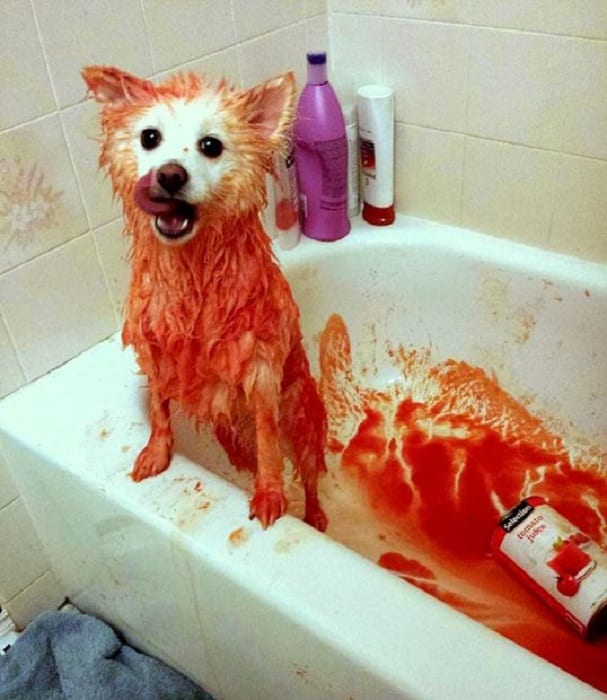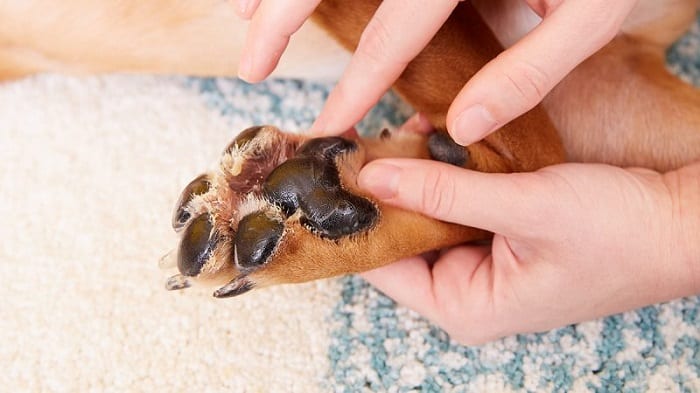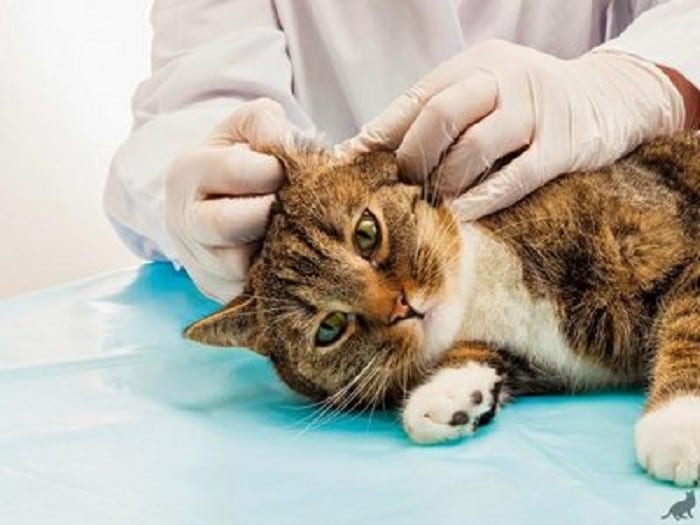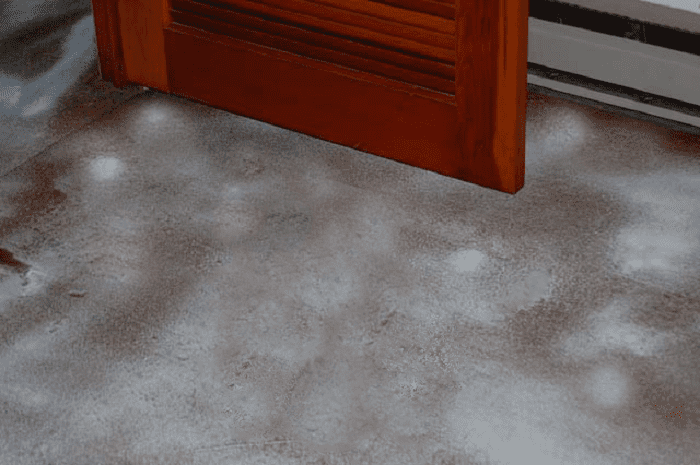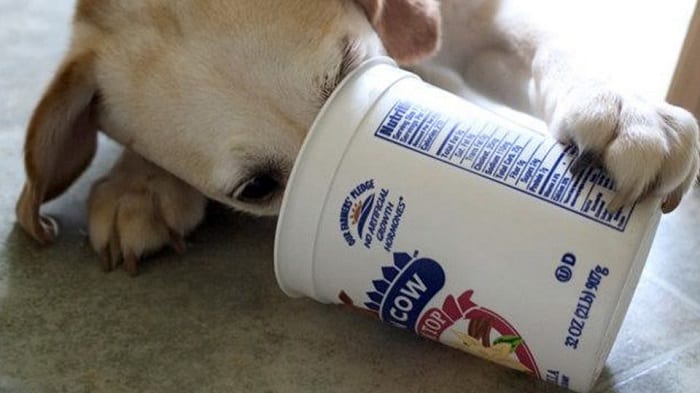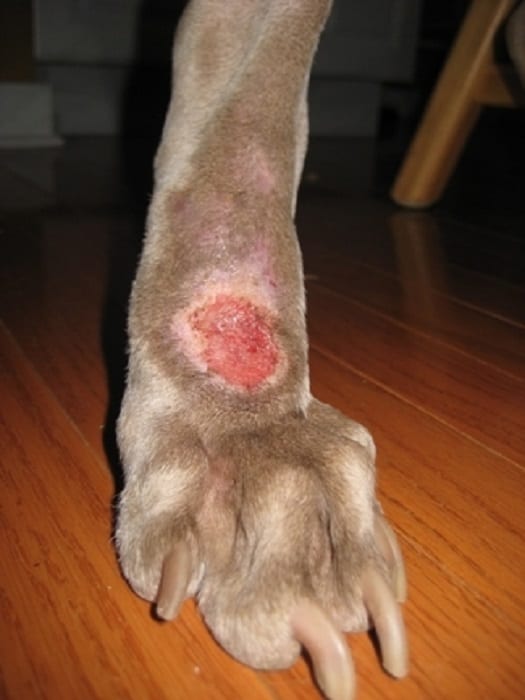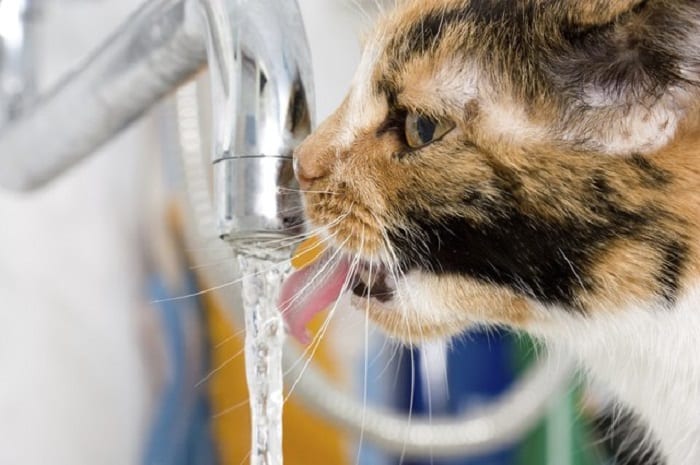If you live with a cat or a dog, you’ll admit that they are a part of your family which means you wish for their health to be in a good state. Although you have to take your pets to the vet for regular shots like parvo and rabies, minor ailments could be taken care of in your daily routine.
They need medicines just like we do when we’re sick but pet remedies can be quite expensive. Here are some ways to avoid ailments like fleas or ear mites. It could be tricky but you can help your pet to feel better with the ingredients you have in your pantry.
These home remedies are safe and effective for dogs and cats and will have them feeling better in no time.
1. The first defense against fleas is good old soap and water.
If your pet already has an infestation, bathing them in water and dish soap will keep the fleas from biting until you can kill them. Dish soap makes fleas sink!
2. Give them a soothing comb.
This can go hand-in-hand with the first tip — while your pet is in the tub, gently run a comb through the fur to catch the nasty buggers.
3. Give your pet an outdoor uniform.
If your pet goes outside, give it some clothes to help keep it tick-free. It might seem silly to have your dog in pants and booties but avoiding ticks is worth it!
4. Show your puppy’s paws some love.
Extreme temperatures and tough terrains can wreak havoc on doggie paws. If your dog’s feet are sore or cracked, rub them with some lotion and antibiotic ointment.
5. Fight itchy skin with an oatmeal rub.
Just like your mom did when you were little — use baby oatmeal or grind regular oats down and mix with water for treating itchy, dry, or irritated skin. Your puppy will breathe a sigh of relief!
6. Make sure your puppy has his electrolytes.
Dogs can get dehydrated just like humans can. If your pup has a problem with vomiting or diarrhea, ask your vet about giving him a sports drink like Gatorade to help rehydrate.
7. Double-check your pet’s food dish.
You might notice that your pet occasionally has irritated or balding spots on its face. A plastic food or water dish can be the culprit. Metal bowls tend to harbor fewer bacteria and are easier to wash.
8. Get that digestive tract moving.
Some dogs have problems with constipation when they get older. You can help them move things along by giving them a can of pureed pumpkin or prunes every few days. Just make sure to remove the poisonous pits!
9. Ask your vet about hydrogen peroxide.
Animals are famous for eating what they shouldn’t. One teaspoon of hydrogen peroxide for every five pounds can help them vomit. Always double-check with your vet first to make sure this treatment will help, not hurt.
10. Use diatomaceous earth to kill fleas.
Diatomaceous earth is an easy flea-killer. It looks like sand, but actually contains tiny pieces that are sharp enough to slash flea exoskeletons without harming humans. Just sprinkle on your carpet and vacuum.
11. Tackle hotspots with good hygiene.
Hotspots are irritated sores on the skin. To treat them, clip the fur around the area and then clean thoroughly with hydrogen peroxide. Dab on a bit of cortisone cream and repeat twice every day.
12. Swab the ears to catch dirt and wax.
Cats especially can accumulate painful buildup in their ears. To remove, dip a cotton ball in regular vegetable oil and gently wipe away. This is also a great way to remove ear mites.
13. Soothe irritated eyes with saline solution.
You can use some regular saline eye drops to help soothe irritated or seeping eyes. For this, apply a few drops several times daily, but call your vet if symptoms continue for more than three days.
14. Give your arthritic pet a soothing rub-down.
Giving your pet a massage is a great way to help an elderly pet find arthritis relief. Be very gentle and pay attention to your pet’s pain response so that you can adjust your technique.
15. Chase away skunk stench with tomato juice.
There’s nothing worse than a pet drenched in skunk spray. Don’t panic: just bathe your pet in hydrogen peroxide mixed with baking soda and dish soap. Then soak its fur in tomato juice for several minutes.
16. Soothe angry bee and wasp stings.
If your pet tangles with a bee, use a credit card to pull the stinger out, then wash well with baking soda. If your pet is having an allergic reaction, give it a 1 mg per 1 pound ratio of Benadryl.
17. Soothe frozen paws with petroleum jelly.
During cold winter walks, your pet’s paws can collect ice. Protect them by applying a layer of petroleum jelly.
18. Treat wounds with Epsom salts.
Wound care is just as important for pets as it is for humans. If your pet has a cut, make a poultice of Epsom salt, or let him soak in a salt bath if he likes to get wet.
19. Soothe allergy-inflamed ears.
Cats and dogs with allergies often suffer from irritation around their ears. Help them feel better by dabbing a little bit of distilled white vinegar and cold tea on a cotton ball placed on the irritated tissue.
20. Try Borax powder for fleas.
Some people are nervous about flea-bombing their home. If you want to go the natural route first, try sprinkling some Borax powder around the house, then vacuuming it up.
21. Knock that gas out.
22. Try some yogurt to tighten the tummy.
If your dog has the scoots, try giving him some plain yogurt mixed with his food. It can help calm down an overactive digestive system that results in diarrhea.
23. Use lemons and limes to banish fleas.
It’s well-known that fleas don’t like the scent of citrus. For a flea infestation, try gently rubbing some lemon juice on your pet. It won’t kill a significant population, but it can give your pet some relief.
24. Keep your dog’s coat healthy with homemade shampoo.
When it comes to washing your dog, you should never use shampoo intended for humans. Instead, mix some dish soap, room temperature water, and white distilled vinegar to make a bacteria-busting, soothing dog wash.
25. Give a dose of oil for moisturized skin.
If your pup has dry, flaky skin, try adding a little bit of oil to its diet. Dogs can eat peanut, sunflower, corn oil, and more. Cats can also ingest these in lower dosages.
26. Give outdoor pets a rubdown to minimize allergy breakouts.
Like humans, many pets have environmental allergies. If your pet does, give their fur a quick rub with a wet towel whenever they come in after playtime.
27. Give hotspots a DIY wash with vet approval.
Hotspots can be highly irritating to pet skin. If your vet okays it, try mixing some Listerine with baby oil and water. Spray it on the irritated spot up to three times every day.
28. Help kitty keep his bladder and kidneys healthy.
Cats often suffer problems with their bladder and kidneys. If your cat has trouble urinating, ask your vet for the okay to give your kitty a little bit of cranberry juice. You can also use a cranberry pill by mixing the powder into the cat’s food.
29. Let your cat snack on fat to eliminate hairballs.
Believe it or not, giving your cat a small dose of fat can help its stomach break down hairballs. You can give them a spoon full of butter or vegetable oil. Just don’t give them too much, as high-fat diets are just as unhealthy for kitties as they are for humans.
30. Use Vitamin E oil for irritated skin.
You can also ask your vet about vitamin E oil for hot spots and other skin irritations. Massage into your dog’s skin when it gets inflamed.


